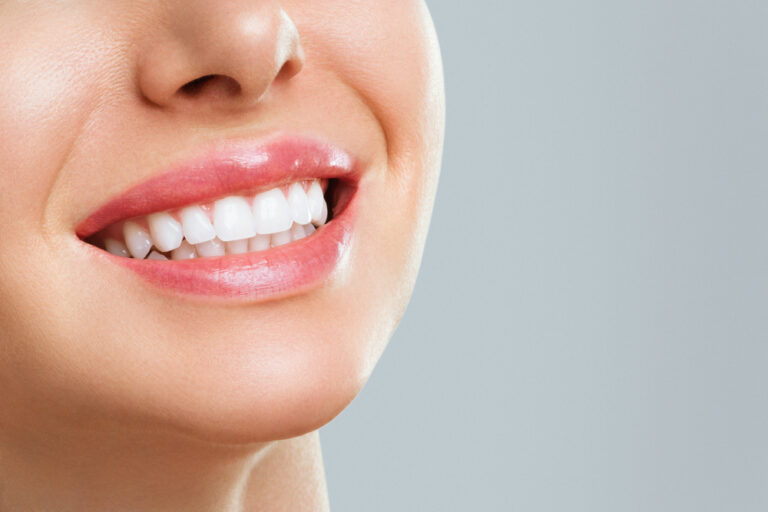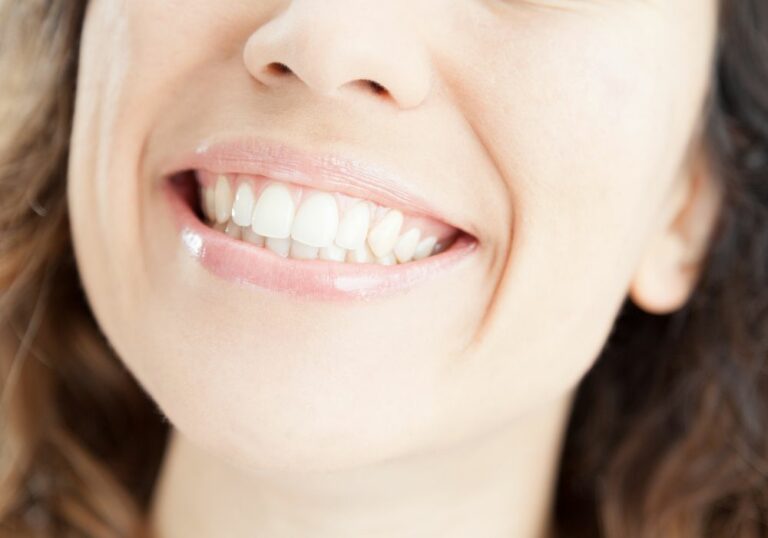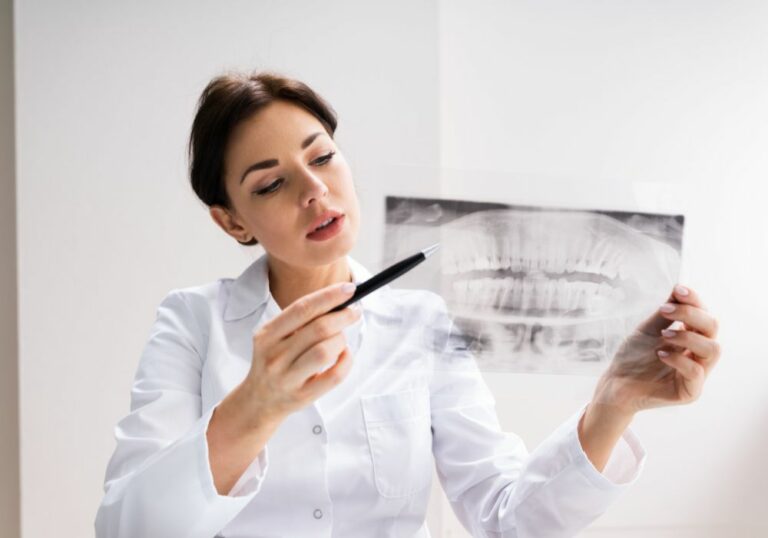Eating popcorn is a beloved snacktime tradition for many people. The satisfying crunch of those light, fluffy popped kernels is hard to resist. But what about those hard, unpopped kernels found at the bottom of the bowl after the popcorn is finished popping? They’re dense, difficult to chew, and seem like they could potentially do damage if you bite down on them wrong. So, can unpopped popcorn kernels actually break, chip, or crack teeth?
Dental anatomy – layers of the tooth
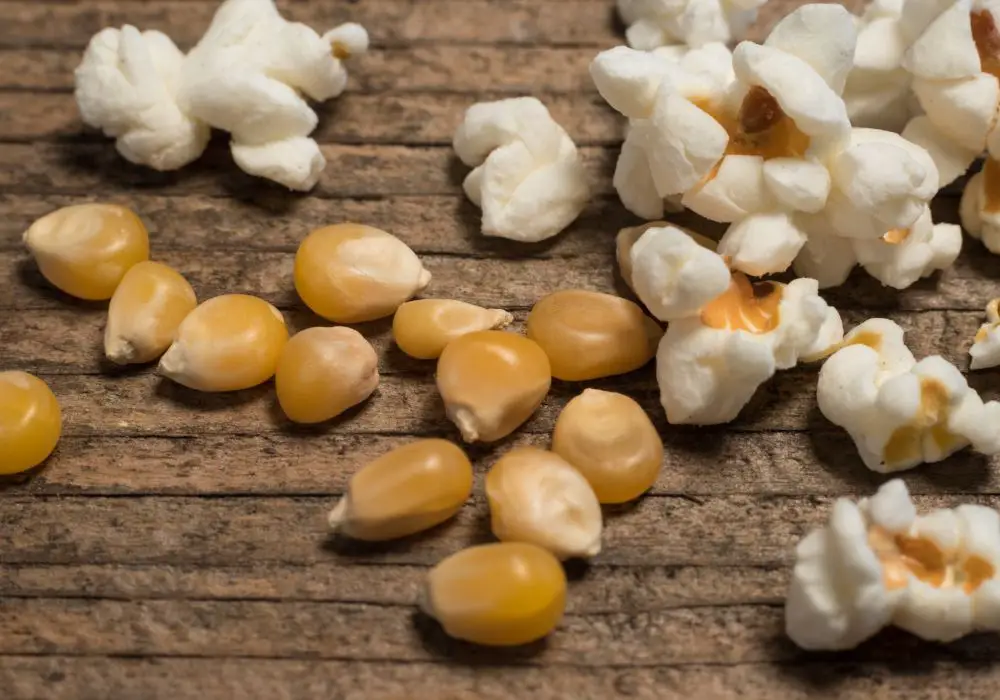
To understand if rigid unpopped kernels pose a risk of breaking teeth, it helps to first look at some basic tooth anatomy. Human adult teeth are made up of multiple layers of varying hardness and toughness:
- Enamel – This outer layer is the hardest substance in the body. Enamel is composed of around 96% minerals like hydroxyapatite crystals that give it its renowned strength and durability. It protects the tooth from damage and wear.
- Dentin – The dentin lies beneath the enamel and makes up the bulk of the tooth’s structure. It is a bonelike material that contains microscopic tubules. Dentin is not as rigid as enamel but is still quite tough.
- Pulp – The innermost layer is the soft pulp containing nerves, connective tissues, and blood vessels. The pulp extends down through the tooth roots.
- Cementum – This thin material covers the tooth roots providing some extra protection. Cementum is softer than enamel or dentin.
The hard enamel shell is only around 2-3 mm thick and vulnerable to fracture if overloaded. Underneath lies softer dentin which cannot withstand as much force before compressing.
What gives unpopped kernels their hardness?
Unpopped popcorn kernels come from dried corn. They have an outer hull or pericarp that is dense and compact in structure. This pericarp shell traps moisture inside the seed while also giving the kernel its rigidity. When heated, the water vaporizes expanding the starch inside and eventually bursting the kernel open – the “pop”.
Scientific studies have examined the structural properties of popcorn pericarps. They found the hardness of unpopped kernels can range from around 11-20 kg/mm depending on the variety. For comparison, extracted human molar teeth measure only around 5 kg/mm in hardness. So per volume, the outer hull of an unpopped kernel can be over 2-4 times harder than human enamel! This makes them a potential hazard for damaging teeth.
Forces generated when biting down
Humans can exert remarkable pressures by biting down with their jaws. The amount of force depends on several factors:
- Which teeth – The front incisors produce the lowest force, while the posterior molars and canines generate the most bite force.
- Gender – Men generally have higher bite force than women on average.
- Age – Biting force peaks around age 25 and slowly decreases with aging. Teeth loosen over time.
- Direction – Vertical pressure is the strongest, versus angled or lateral forces.
- Strength – Individual variation in masseter muscle size and bone structure affects power.
According to dental research, maximum human bite force typically ranges from 200-500 lbs (900 – 2200 Newtons) depending on the criteria above. The jaws can produce enough pressure to easily crack an unpopped kernel.
Biting mechanics on a kernel
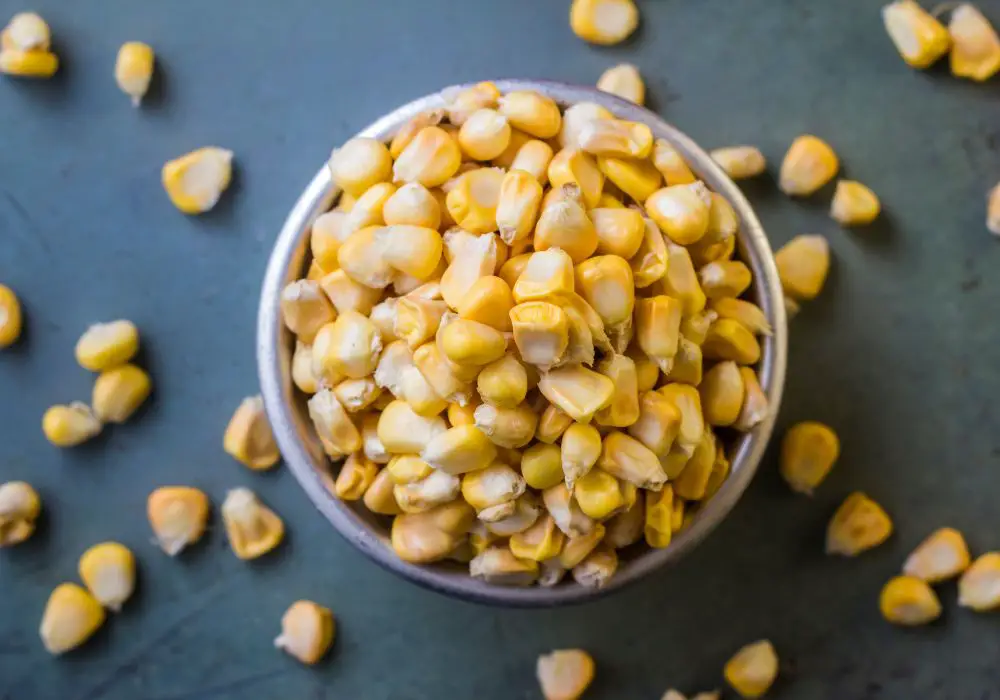
When vertical pressure is applied to an unpopped kernel, all the force is concentrated on a tiny point or edge where enamel contacts the hull. This can generate extremely high PSI pressures against the enamel surface.
Due to the curvature of the kernel tip or side, the pressure becomes focused on an even smaller fulcrum point. With hundreds of pounds of bite force behind it, this can overload and fracture the enamel. A direct vertical chomp is more likely to cause damage compared to carefully chewing the kernel at an angle.
However, tooth enamel is anisotropic meaning its strength depends on the direction of force. Enamel is actually toughest against shear or lateral stresses. Vertical pressure on a small point is more likely to cause fractures to propagate through the enamel from that stress point.
Documented dental injuries
There are documented medical cases of unpopped popcorn kernels damaging teeth:
- Enamel cracks – A 2015 study described a patient who bit down on an unpopped kernel resulting in a visible crack across their molar enamel.
- Breaking composites – A 2008 case report told of a patient who broke the composite resin restorations on two molars by forcefully biting down on an unpopped kernel.
- Chipped enamel – A literature review summarized several clinical cases where patients chipped off pieces of their enamel after chewing or biting on rigid popcorn kernels.
This demonstrates unpopped kernels clearly have the potential to injure teeth under the right circumstances. The sharp pressure point combined with strong vertical biting force is enough to overload the structural limits of enamel.
Risk factors for dental fractures
Some factors can increase risk of enamel damage from unpopped kernels:
- Brittle teeth – Bruxism tooth grinding or acid erosion from reflux can weaken enamel making fractures more likely.
- Older restorations – Dental crowns, veneers, and old fillings tend to be weaker than natural enamel.
- Uneven bite – An overbite or underbite results in uneven force distribution that can crack enamel.
- Missing teeth – This allows teeth to shift and change alignment in ways that affect forces.
- Hard biting habits – Some people tend to bite down forcefully as a habit which multiplies kernel pressures.
Tips for safe kernel chewing
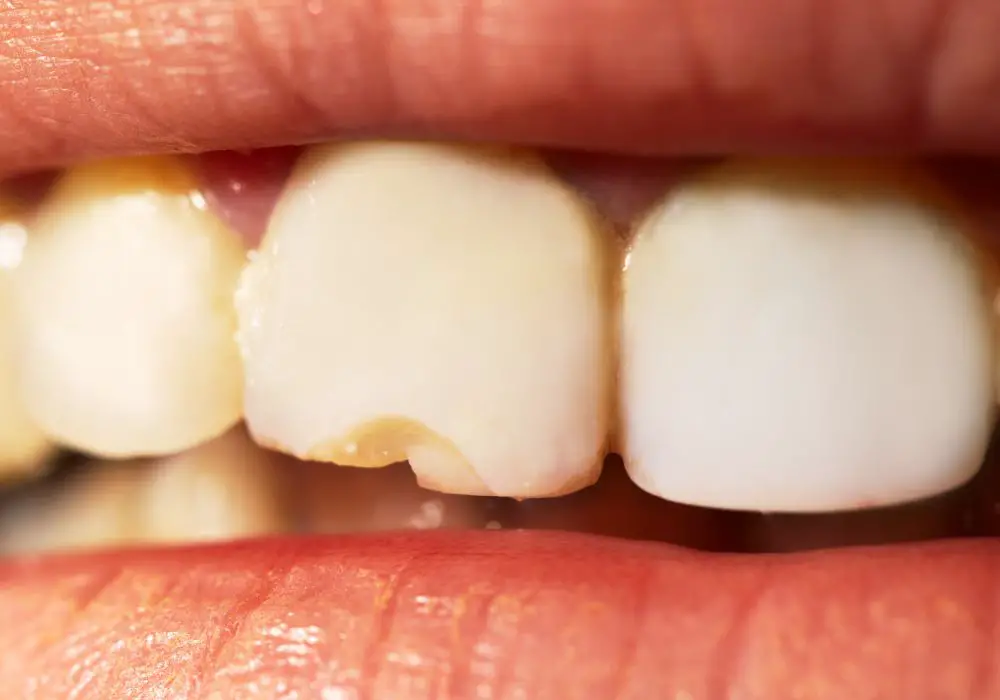
You can still enjoy popcorn while minimizing the risks of damaging teeth on unpopped kernels:
- Avoid direct vertical chomping motions on kernels. Instead, distribute force by gently chewing kernels into smaller pieces with your back teeth.
- Position kernels strategically between molars and premolars to benefit from shear forces.
- Discard any unpopped kernels after 1-2 gentle bites instead of trying to crack them. Toss them or place in another container.
- Consider unpopped kernels a choking hazard for young children and supervise them carefully.
- Visit your dentist regularly to monitor for any cracked enamel or dental restorations from kernel chewing.
Frequently Asked Questions
What makes unpopped popcorn kernels so hard and dense?
Answer: Unpopped popcorn kernels get their hardness from their outer hull or pericarp which is made of rigid structural materials. The pericarp contains fibrous strands of cellulose, hemicellulose lignins which have a very compact arrangement that gives strength. This durable hull helps contain moisture inside the kernel and allows it to build steam pressure to eventually pop.
Are popcorn hulls safer for teeth than unpopped kernels?
Answer: Yes, popcorn hull fragments are generally not as hard and tooth-damaging as unpopped kernels. The hull is fibrous and splinters into soft pieces rather than sharp chunks. While hulls can still pose a choking hazard, they do not have the density and structure to chip or crack enamel like rigid unpopped kernels do. Gentle chewing makes hulls even safer.
Can getting popcorn hulls stuck in teeth cause problems?
Answer: Yes, the fibrous fragments of popcorn hulls can wedge tightly between teeth where they are difficult to dislodge. Their wedging effect can separate enamel surfaces over time, leading to cracks. Any lodged debris also irritates gums and makes area harder to keep clean. Careful flossing and prompt removal prevents more serious issues with stuck hulls.
Does popcorn promote tooth decay and other dental problems?
Answer: Popcorn alone does not directly cause tooth decay, but can contribute to problems if proper oral hygiene is not practiced. Popcorn’s starch can get stuck on teeth and break down into acids from oral bacteria, eroding enamel. Oils and sugars in seasonings also provide food for bacteria growth. Brushing and flossing after eating helps prevent these problems.
Are some types of popcorn safer for teeth?
Answer: Certain popcorn varieties may have thinner, more delicate hulls that fragment into less tooth-damaging pieces. Quick-popping “mushroom” hybrids also have less dense kernels. Commercial machine popcorn tends to be harder than regular microwave popcorn. But gentle chewing makes any popcorn safer for teeth rather than the type.
Conclusion
In summary, unpopped popcorn kernels have an extremely rigid outer hull that makes them potentially hazardous for dental damage if bitten down upon forcefully. While enamel is very tough, its strength can be overwhelmed by focused high pressures on a small point. Care should be taken to gently chew kernels using angled motions instead of direct vertical biting to minimize risks. With some sensible precautions, you can safely enjoy popcorn’s satisfying crunch without endangering your precious pearly whites!




